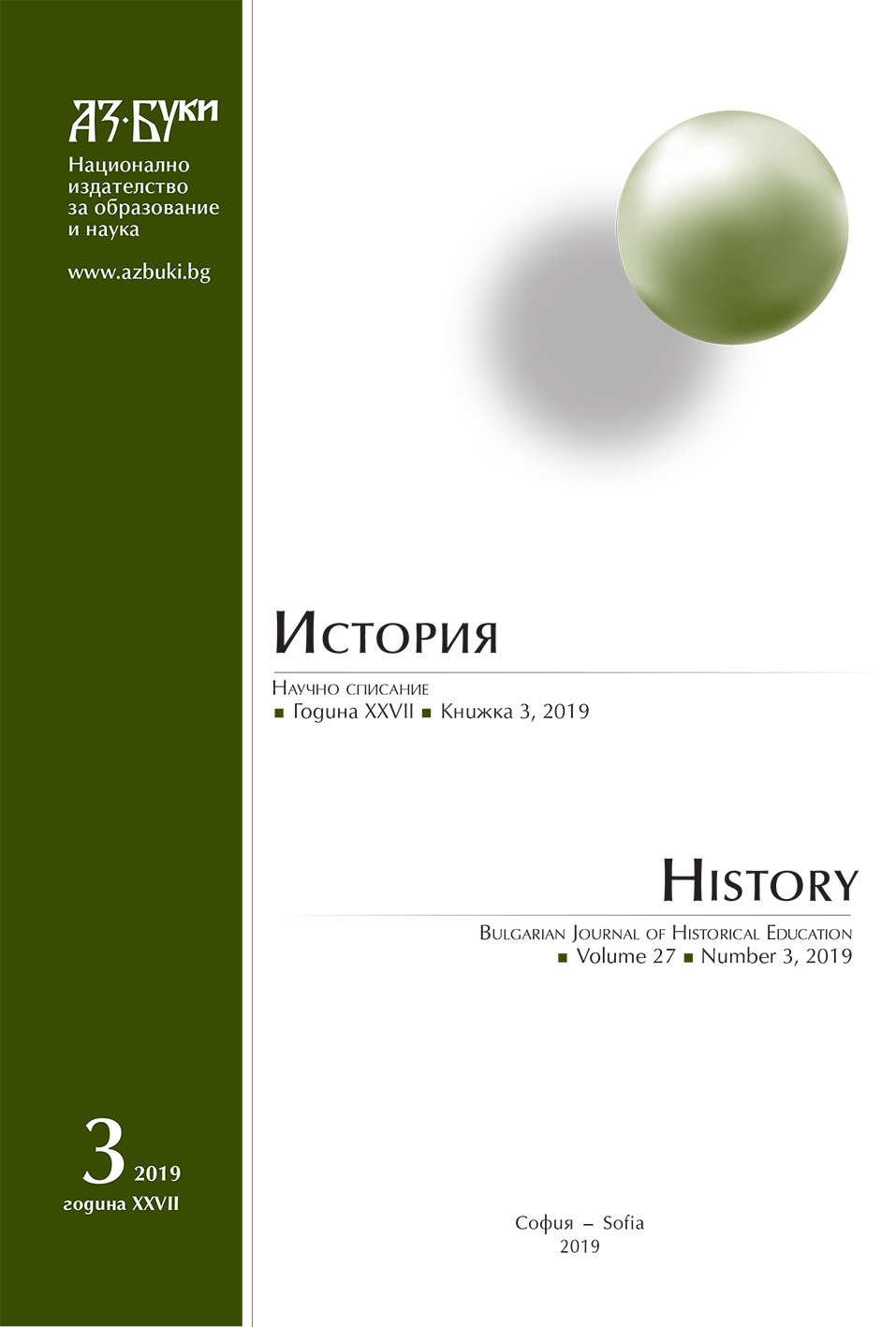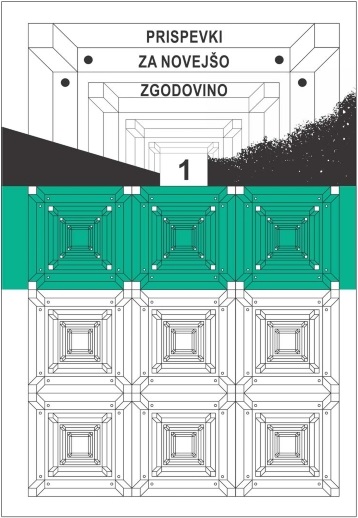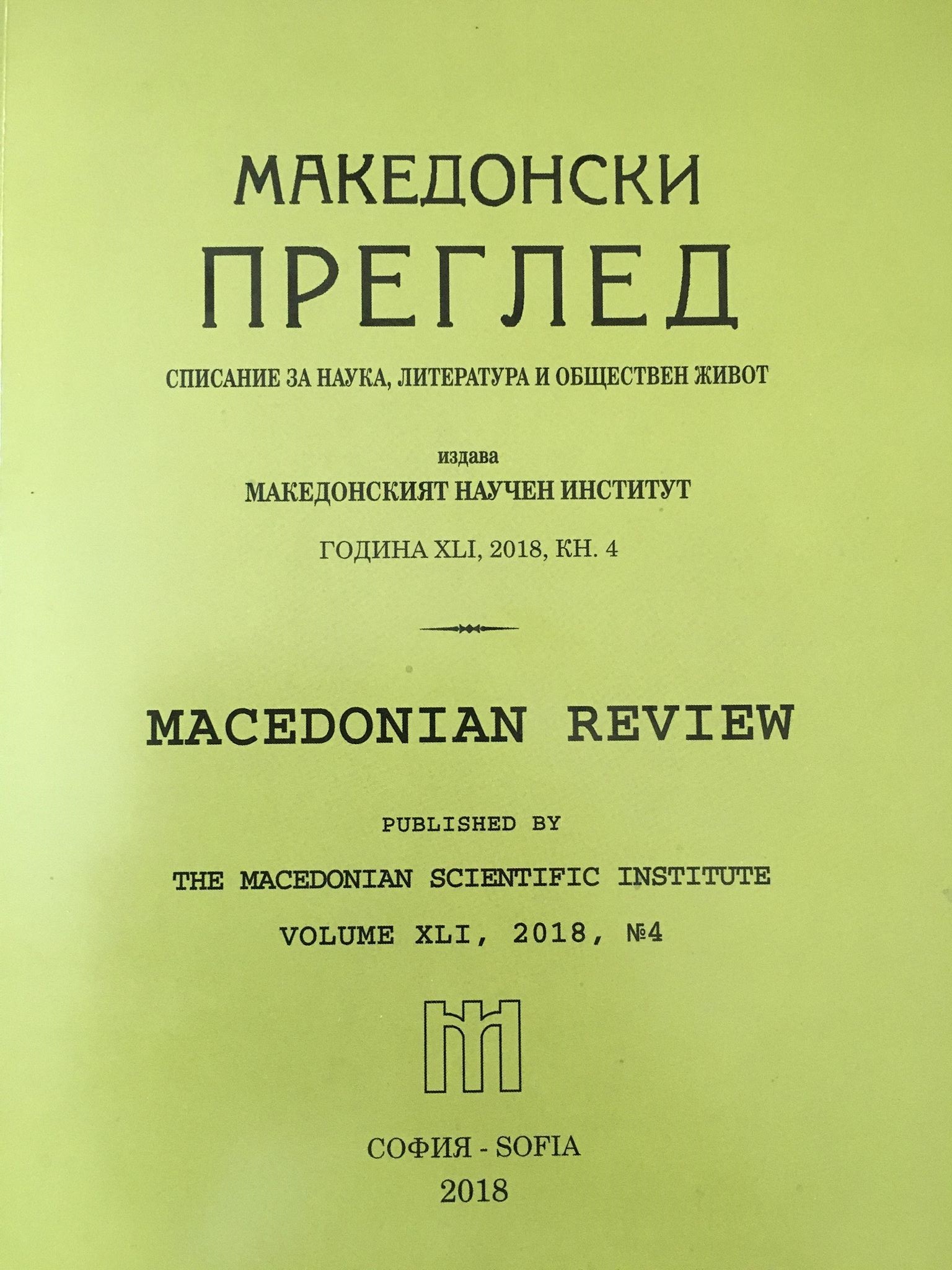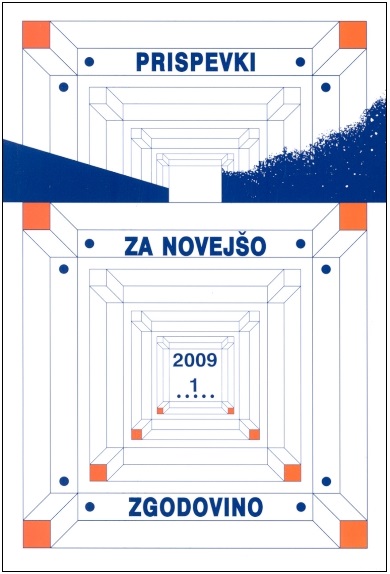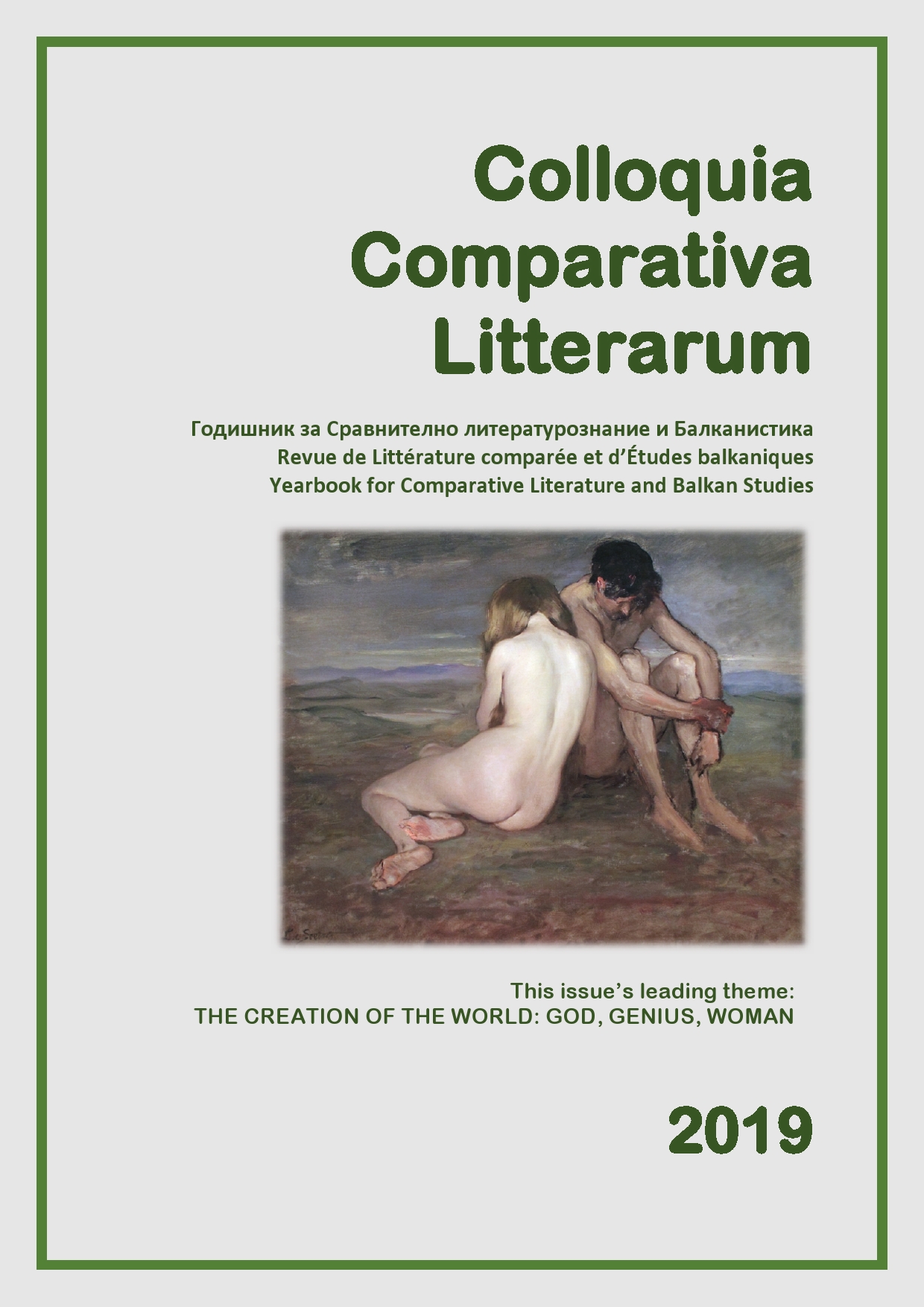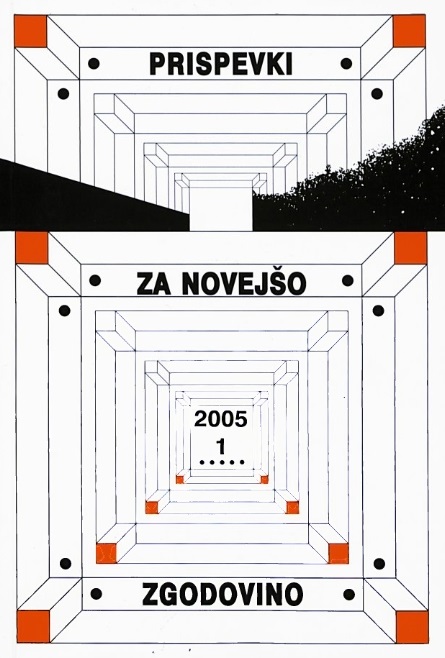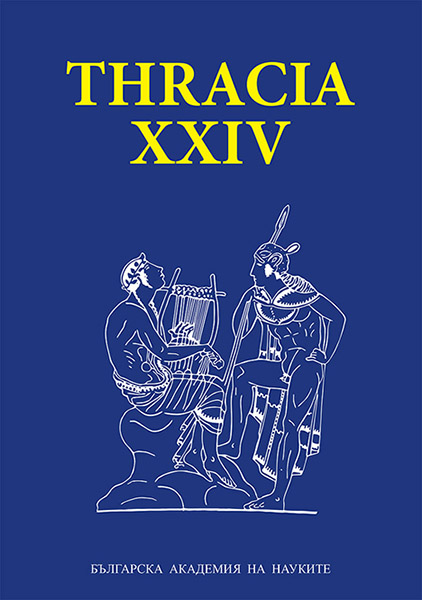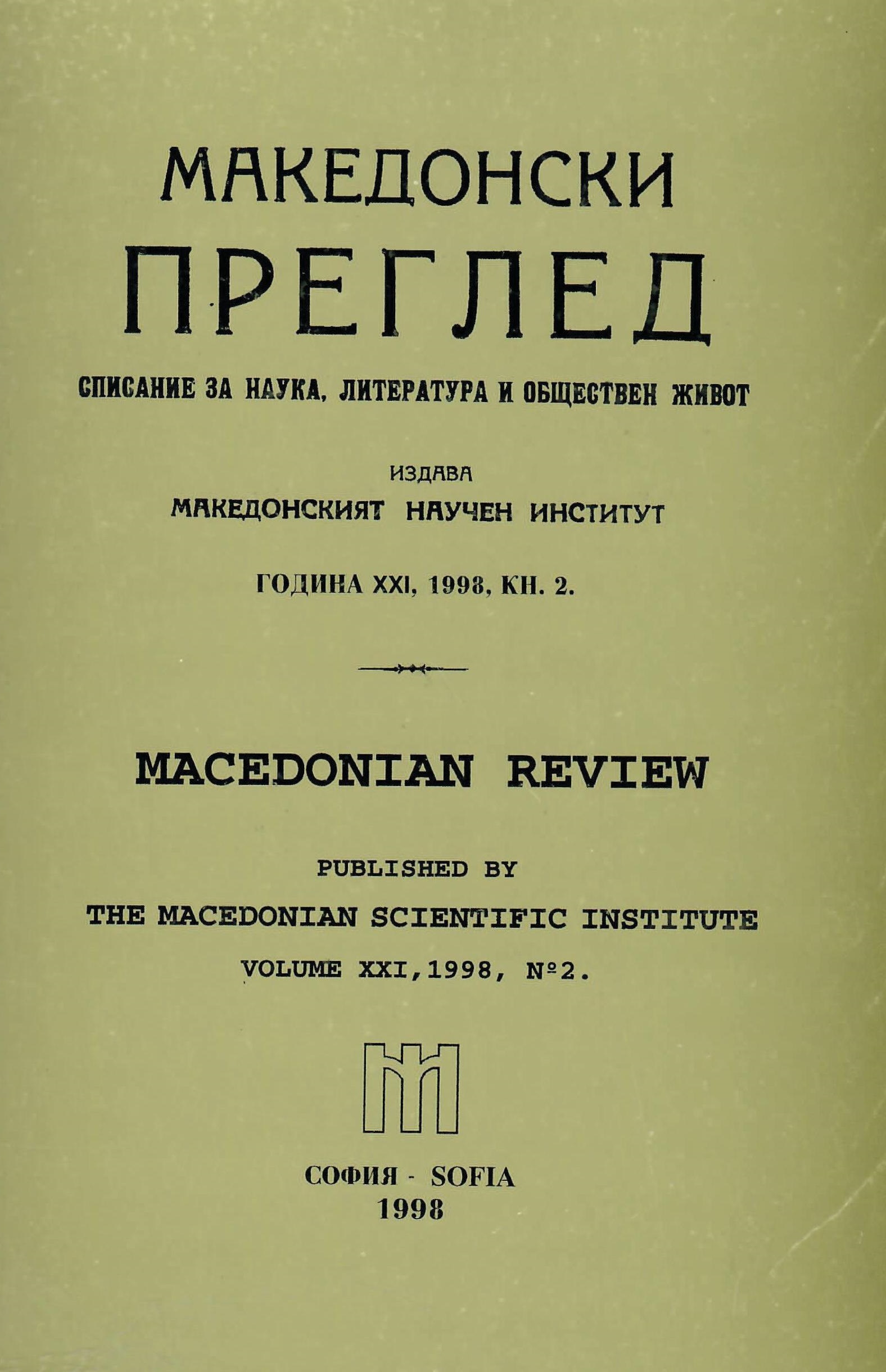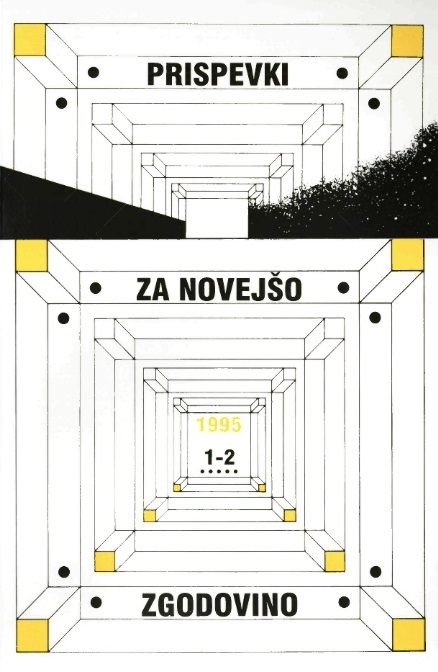Принцип «цель оправдывает средства» в деятельности российской интеллигенции (XIX — начало ХХ века)
The article is devoted to studying the matter how the «purpose justifies means» principle was accepted by Russian Intelligentsia’s activity in the 19th — beginning of the 20th centuries. The main problems in the article are: 1) the study of reason and determining the time of appearance of the «purpose justifies means» principle in the ideology and practice of Russian Radical Intelligentsia; 2) the determining how the main Russian Intelligentsia representatives’ attitude to Radical means of political struggle was changed; 3) the identifying of succession in using the «purpose justifies means» principle by some Intelligentsia’s ideological and political groups. The methodological principles of «historism» and «objectivism» are used for reaching the setting target and solving certain problems. The difference of understanding between Liberals and Radicals in using extreme political means as acceptable for reaching of wishing results is clearly displayed. In ideology this difference was expressed in the negation or acceptance of the «purpose justifies means» principle. This principle was formulated in extreme form as the thesis called «all is good if it is for the revolution». This principle was widely used by Russian Radical Intelligentsia and was unaccepted by Russian Liberal Intelligentsia. But the representatives of the opposite political views — «ultraright» and «ultraleft» — had the same attitude to using extreme political means. The article also considers the matter how some generation of Russian Intelligentsia (from Decembrists to Bolsheviks) was adhered to this principle. V. S. Petcherin declared openly that he held to this principle for the first time in Russian liberation movement’s history in 1830s. But in the first part of the 19th century the «purpose justifies means» principle was mainly used for ideology, not for practice. This principle was publicly declared in Russian political history and used in practice in 1860s which is known as the «period of nihilism». In the next decades the «purpose justifies means» principle indicated to his supporters’ connection with Russian revolutionary nihilism, became a part of revolution organizations’ political programs and switched from idea discussion to practical activity.
More...
